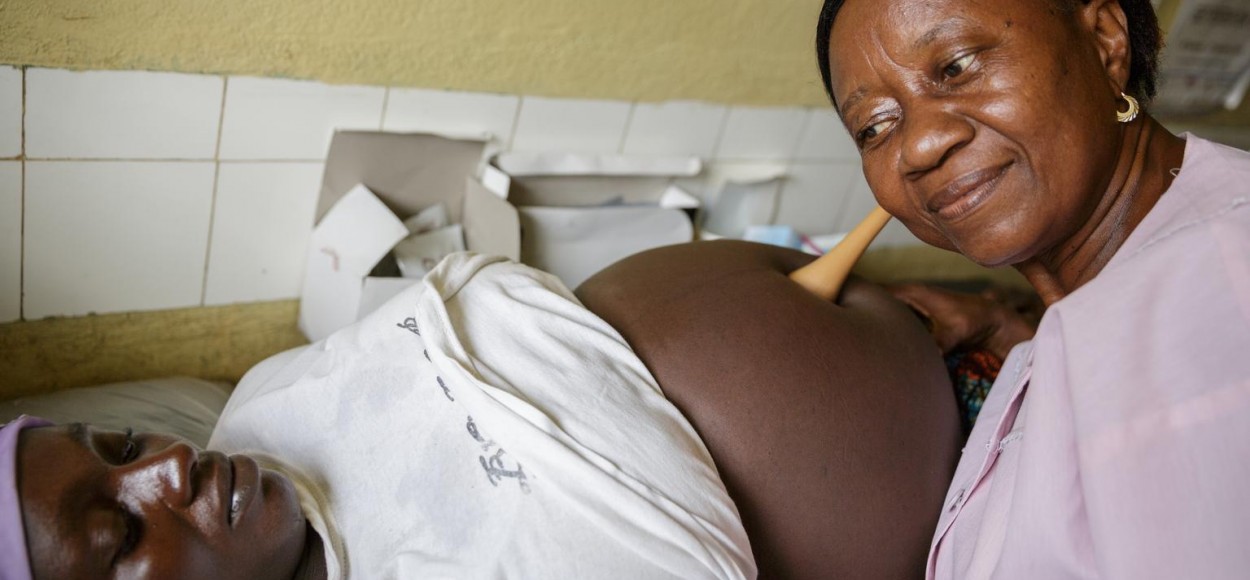

This year, the 75th UN General Assembly will convene virtually as the COVID-19 pandemic deals a devastating blow to health systems and overburdened health providers in many parts of the world. With a global shortfall of 18 million health workers, primarily in low- and middle-income countries, UNGA leaders have recognized the need for “increased investment in a more effective and socially accountable health workforce,” one that has the potential to eradicate poverty, drive the economy, empower women and girls and reduce inequality.
Midwives are a key component of that health workforce and integral to the health and safety of women and their families.
In this, the International Year of the Nurse and the Midwife, investing in a strengthened midwifery profession can ensure that the hard-earned gains in maternal and newborn health of the past two decades remain intact, while accelerating quality, woman-centered, respectful care for mothers and newborns.
Join us for a discussion on the progress underway in two distinct parts of the world, Tanzania and Afghanistan, where their experiences of empowering midwives is delivering high-quality care for mothers and newborns.
• In Tanzania, the More and Better Midwives project has focused on gender-transformative education to improve recruitment, reduce inequities, and enhance professional governance.
• In Afghanistan, the HEMAYAT project has reduced professional rivalry, increased collaboration, and promoted entrepreneurship by midwives – all to enhance client-centered care on the day of birth.
Their successes have not been without challenges, but these two midwifery programs show how continued investment in the midwifery profession can reap dividends for women, their families, and the communities in which they live.







No one has commented on this page yet.
RSS feed for comments on this page | RSS feed for all comments